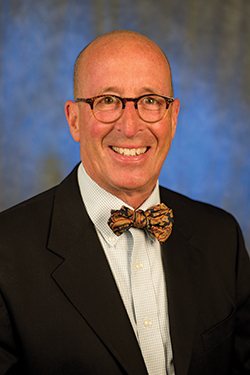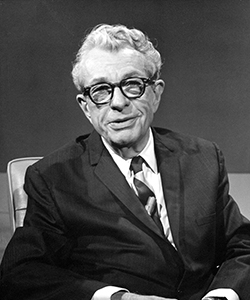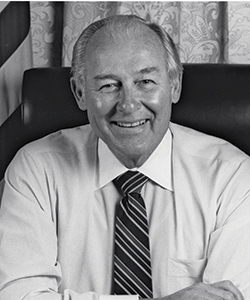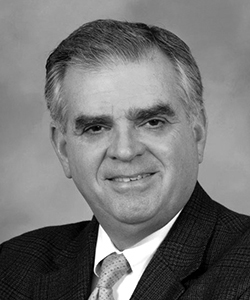On the Role of Government

The honorable views of Dirksen, Michel and LaHood
Government has fallen out of favor these days. Only about half of Americans think the president is doing a good job. Only 15 percent approve of Congress’ performance. Two-thirds believe the country is headed in the wrong direction.
In the words of political satirist P.J. O’Rourke, “Feeling good about government is like looking on the bright side of any catastrophe. When you quit looking on the bright side, the catastrophe is still there.” Yet most would agree that our national government is necessary, if only to protect the safety and well-being of our citizens and the sovereignty of our borders. The consensus often ends there, however.
On one hand, there is the view expressed by Henry David Thoreau: “That government is best which governs least.” On the other hand, Hubert Humphrey, the late liberal senator and vice president, thought differently: “It was once said that the moral test of government is how that government treats those who are in the dawn of life, the children; those who are in the twilight of life, the elderly; and those who are in the shadows of life, the sick, the needy and the handicapped.”
Three men represented central Illinois in the U.S. House of Representatives for nearly seven decades: Everett M. Dirksen, Robert H. Michel and Ray LaHood. As our representatives in the national government, their views about government’s role informed their work on our behalf. So what did they believe?
Everett M. Dirksen
“A government in which the making, the enforcing and the interpreting of the law and the rights of people is finely balanced is not merely a mechanical organism. It is a vital faith. It is the thing by which we have lived and grown great. It is capable of infinite enlargement without a destruction of the basic pattern. We must preserve that pattern. We must return to a government of independence, respect and collaboration. Each branch must be independent, each branch must have respect for the other branches, each must collaborate for the common good. The preamble to our organic law is still the objective of society—union, justice, tranquility, defense, the general welfare, the blessings of liberty.”
Asked when the new presidential administration of Richard Nixon was going to give Congress something to do, Dirksen replied: “The country ought to be grateful. We haven’t done anything to it yet.”
Robert H. Michel
“It is said by some Republicans that ‘government is the enemy.’ I disagree. The American people don’t believe that the government created by the Constitution is ‘the enemy.’ They believe—and our party has believed from Lincoln to the present day—that bad government, wasteful government, intrusive, bureaucratic, interfering government is the real enemy… The idea of limited, effective, responsive and responsible government is what the Founders envisioned—and it is one of the great legacies in the history of our freedom.”
“Big government is no substitute for little men. We cannot legislate ourselves free of all responsibility.”
“Government is like fire—it makes a good servant but a bad master.”
Ray LaHood
“We can pass all the laws we want in Washington. We can write regulations until our arms are tired. We can make speeches in Congress and offer amendments to bills and appear on television news programs. Some of these things might be important… Don’t get me wrong—I’m not one of those professional government bashers who believes everything government does is always wrong. Far from it: I agree with the Founders that we need good government. … I believe that government laws and regulations that are rooted in the basic values and common sense of the American people are going to work.” iBi

